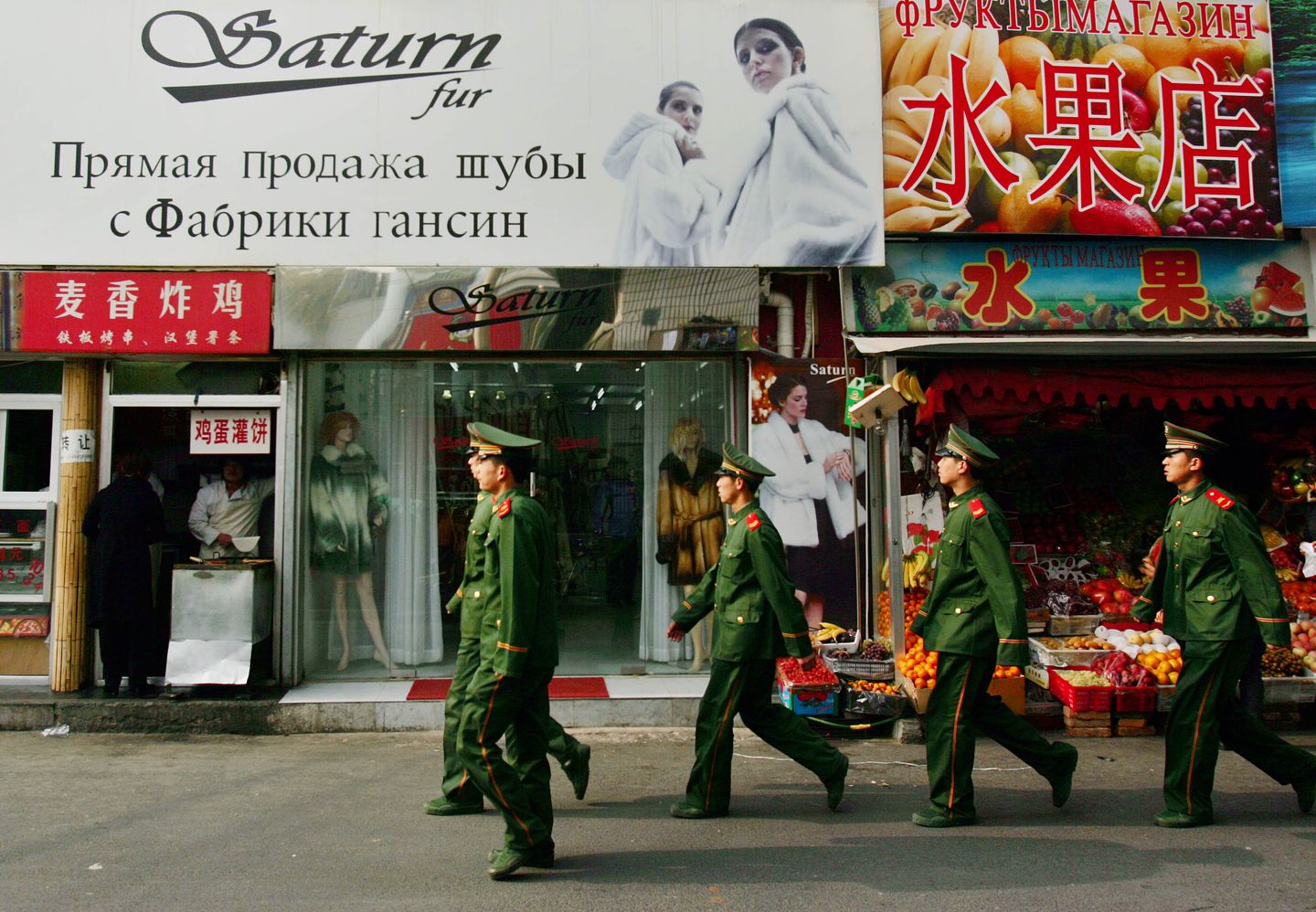
People for the Ethical Treatment of Animals on Monday urged the Trump administration to add tariffs on Chinese products made from animal skin or fur, saying the move would send a message that animal cruelty will not be tolerated.
PETA founder Ingrid Newkirk sent a letter to Commerce Secretary Howard Lutnick requesting U.S. tariffs on Chinese imports of badger hair, down feathers plucked from live geese, cashmere, angora, leather made from dog or cat skins, and ejiao, a gelatin made from donkey skin.
In the letter, Ms. Newkirk detailed the cruel methods she says workers in China use to make the products, including ripping out live goose feathers or using metal tools to remove donkey’s hair and skins. She notes that 90% of the world’s cashmere, which is made from goat fur, and angora, which is made from rabbit fur, are exported from China.
In addition, 80% of the world’s down feathers come from China, which does not have any laws preventing animal cruelty.
“No one needs China’s imports from hideously abused animals, and stiff tariffs on these industries will show China that they are outliers in the treatment of dogs, donkeys and more,” Ms. Newkirk said in a statement. “Secretary Lutnick is the one person who can get China to shape up or pay up and PETA is urging him to negotiate a win-win deal for animals and America’s booming vegan textile industry.”
Mr. Trump so far has not commented on placing tariffs on animal products made in China, nor has that been part of U.S. negotiations with Beijing.
In April, Mr. Trump hiked U.S. tariffs on Chinese goods to 145%. China retaliated with a 125% tariff on U.S. goods, and later restricted exports of rare earth metals, threatening U.S. production of everything from cars to fighter jets.
Mr. Trump eventually agreed to reduce U.S. tariffs on Chinese goods to 30%, while Chinese tariffs on U.S. goods were lowered to 10%. Tariffs remain at those levels as both sides try to negotiate a trade deal.











